Quick Summary:
Quick Summary: When navigating through the choice between JPA vs Hibernate, developers often think between the standardization and advanced features. JPA, is a standardized Java specification which provides portability, while hibernate is a versatile ORM framework, extends capabilities beyond the standards. The key question here is whether the project demands strict adherence to JPA or allows the flexibility & richness provided by Hibernates additional features.
In this blog, we’re going to discuss📝
Developers often face the crucial question: Should they go for JPA vs Hibernate? This decision is all about finding the right balance between sticking to rules & exploring the cool features in Object Relational Mapping. When companies take on projects that need strong & scalable java solutions, picking between JPA and Hibernate isn’t just a tech choice, it’s a way to make sure that every thing runs smoothly and efficiently.
As Java developers figures out which one to choose, there’s a growing need to hire java developers who know their way around both JPA and Hibernate. These professionals are familiar with the specifics of these powerful technologies, and helps in making the smart decisions that fits each projects unique needs. So, here is the question: how can companies make sure that their java development teams have people who really get JPA & hibernate and can think strategically?
The Solution is to be proactive. Companies should hire dedicated developers who can not only known how to code but also have a knack for strategic thinking. These developers can make smart choices about ORM solutions, helping JPA and Hibernate work together seamlessly. So, if companies want to boost their dedicated development team, they should look for experienced developers who can handle the complexities of JPA and Hibernate, making sure their projects run well and succeed.
Both JPA and Hibernate are powerful tools for developing database applications. This article will shed light on JPA vs hibernate in detail. But before that let’s take a look at the overview of Spring JPA vs Hibernate.
JPA vs Hibernate: An overview
Let’s take a look at the overview of both the technologies. Let’s begin with understanding JPA.
What is JPA?
Java Persistence API (JPA) is a robust Java API streamlining interaction with relational databases. Using interfaces and annotations, it simplifies mapping Java objects to database structures. Rooted in the entity-relationship model, entities marked by @Entity represent database tables. Annotations like @Id and @Column seamlessly map attributes to corresponding columns. JPA’s interfaces, including EntityManager and EntityManagerFactory, manage entity lifecycles. This standardized mapping and interfaces simplify the development of resilient, database-agnostic Java applications.
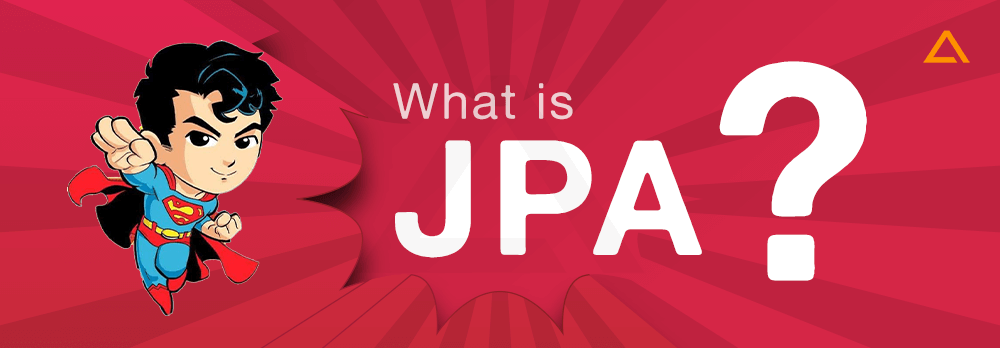
What is the need of JPA?
The Java Persistence API addresses the need for a standardized & effective way to interact with relational databases in Java applications. Several factors underscore the necessities for JPA:
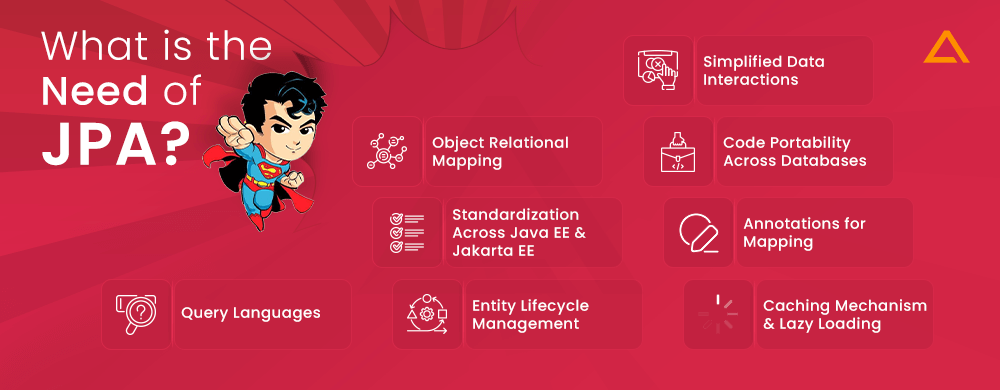
- Simplified Data Interactions
- Object Relational Mapping (ORM)
- Code Portability Across Databases
- Standardization Across Java EE & Jakarta EE
- Annotations for Mapping
- Query Languages (JPQL)
- Entity Lifecycle Management
- Caching Mechanism & Lazy Loading
Advantages & Disadvantages of JPA
Following are some of the pros & cons of using JPA
Pros of using JPA
- Uniformity: JPA offers a uniform method for utilizing ORM to map objects to relational data. This prevents lock-in with vendors.
- Simplified Database Access Code: JPA and JPQL streamline intricate ORM mapping. Plumbing code is not something that developers must write.
- Portability: Applications can be transferred among JPA implementations, such as Eclipse Link, Hibernate, etc. owing to portability.
- Java EE Integration: JPA easily combines with component models such as CDI, JSF, and application servers for Java EE.
- Database Agnostic: JPA encapsulates the underlying database to enable database portability, making it database agnostic.
- Active Development: JPA is created and maintained by the JCP as part of Java EE.
Cons of using JPA
- Lack of Implementation: JPA does not offer an ORM implementation; it merely specifies interfaces and contracts.
- Restricted Performance: JPA does not describe sophisticated performance capabilities such as lazy loading or caching.
- Leaky Abstraction: For complex reporting requirements, developers frequently require knowledge of SQL and the underlying database.
- Verbose APIs: When compared to less complex options, APIs such as EntityManager are excessively verbose.

What is Hibernate?
Hibernate ORM framework is designed by Red Hat. It was initially released on 23rd may 2007. It supports a cross-platform JVM which is written in JAVA. Hibernate is a robust & widely used open-source ORM framework for JAVA. It simplifies the interaction between Java applications and relational databases by providing a framework for mapping Java objects. Developed to address the complexities of database access, hibernate abstracts the low-level database interactions, allowing developers to work with Java objects and entities instead of dealing directly with SQL queries.

What is the need of Hibernate?
Hibernate addresses several needs in the context of java development, particularly in simplifying & optimizing database interactions. Following are some of the key reasons which highlights the need of Hibernate:
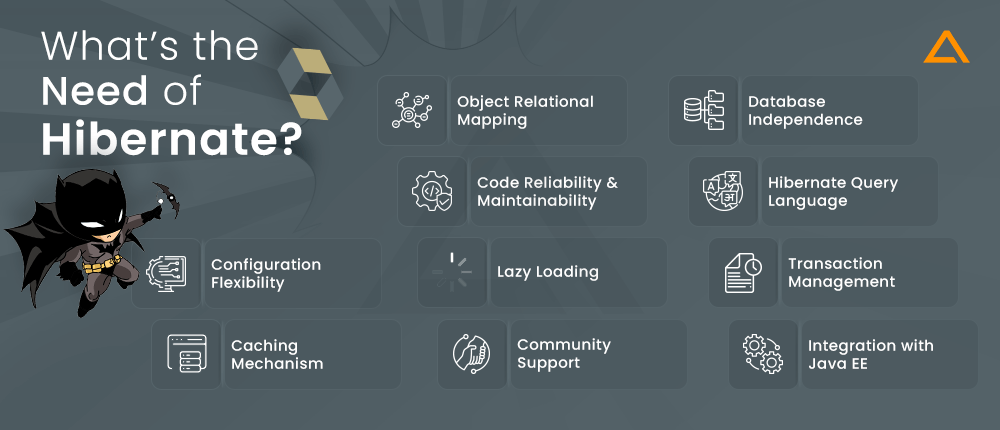
- Object Relational Mapping
- Database Independence
- Code Reliability & Maintainability
- Hibernate Query Language
- Configuration Flexibility
- Lazy Loading
- Transaction Management
- Caching Mechanism
- Community Support
- Integration with Java EE
Advantages & Disadvantages of Hibernate
Hibernate is an ORM framework for java, that offers a way to map Java objects to relational database tables. Like any technology, hibernate comes with its own set of benefits and limitations. Let’s take a look at them.
Pros of using Hibernate
- Feature-rich and well-established: Expert-level Object-Relational Mapping (ORM) framework Hibernate provides a wealth of functionality.
- Scalability and Performance: are addressed by using scalability-enhancing strategies like lazy loading and caching.
- Database Portability: Application portability between different SQL databases, such as Oracle, MySQL, and PostgreSQL, is ensured via database portability.
- Open Source: Hibernate has a strong community of supporters because to its LGPL licensing, which makes it open source.
- Simplicity: Streamlines database access code, making it less complicated than utilizing pure JDBC.
- Integration: Integrates seamlessly with a variety of platforms using various adapters, including Spring and Struts frameworks.
- Information: Hibernate is easier to grasp because to a wealth of information and learning resources.
Cons of using Hibernate
- Steep Learning Curve: It can be overwhelming to the nuances due to numerous configuration options.
- Complexity: With the variety of advanced features and mapping hibernate can make it more complex compared to the simpler ORM tools.
- Vendor Lock-in: Migration issues and vendor lock-in may result from using proprietary Hibernate APIs.
- Legacy Codebase: Older programming techniques are used in several areas of the Hibernate codebase, which calls for ongoing maintenance.

Now that you have an understanding about both the technologies, Let’s see the comparison between both Hibernate vs JPA.
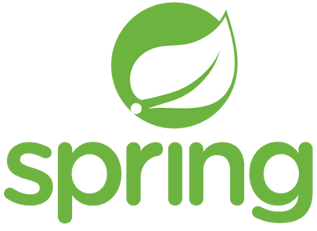
Your Springboard to Spring Boot Success!🏆😁We are here to help🙌
Comparison between JPA vs Hibernate
Following is the tabular comparison between Hibernate & JPA.
| Factors | JPA | Hibernate |
| Definition | Java Specification for ORM | A widely used ORM framework in Java |
| Package | It is defined in javax.persistance package | It is defined in org.hibernate package |
| Standardization | Part of Java EE & Jakarta EE | Implements the JPA Specification, but is not limited to it |
| Object Relational Mapping | Standardized Approach for ORM in Java | Provides advanced ORM features |
| Annotation Support | Utilize annotations for mapping | Uses annotations for mapping & provides the additional ones |
| Configuration Options | XML-based or annotation-based configuration | Supports XML-based or annotation-based configuration |
| Query Language | Uses JPQL | Uses HQL |
| Lazy Loading | Supported to load data on demand | Uses Lazy loading for optimization |
| Caching Mechanism | Provides basic caching API mechanism | First & Second level caches |
| Transaction Management | Container Managed or Bean Managed | Finer Grained Programmatic control. |
| Community Support | JPA has Oracle / Eclipse backing | Massive Hibernate Community |
| Integration with Java EE | Seamless Integration | Works with Java EE via JPA support |
| Database Portability | Database Vendor agnostic | Works with most major databases |
| Origin | Java Community Process | Open-Source Project started in 2001. |
JPA vs Hibernate: A Head-to-Head Comparison
Following is the detailed comparison of JPA vs hibernate difference. Let’s begin with the performance.
Hibernate vs JPA: Performance
When you’re comparing between JPA vs Hibernate performance is a crucial element. JPA guarantees the uniform performance across various service providers, but it is important to note that the performance may differ on the implementation that’s chosen. JPA is well suited for the applications that are prioritizing standardization. Hibernate on the other hand, goes beyond JPA standards, it offers the advance optimization features. It offers options to tune the query execution & cache mechanism. This makes it an ideal choice for large scale applications working with the complex data, where the performance is the vital factor.
JPA vs Hibernate: Scalability
When paired with standard providers, JPA scales effectively for medium requirements; however, hibernate is renowned for being scalable, particularly in situations with lots of data and transactions. It’s desired for applications with strict scalability requirements stems from features such second-tier storage, which further improves its scalability
Hibernate vs JPA: Query Language
When we are talking about query language, JPA uses Java Persistence Query Language (JPQL) which is the standardized language among various providers. It assures that queries are portable between the JPA versions. On the other hand, hibernate uses HQL, Hibernate Query Language which is an extension of JPQL with added features. HQL is preferred choice mostly for the projects with the advanced querying capabilities.
JPA vs Hibernate: Lazy Loading
Lazy loading is supported by both the Hibernate and JPA. It is a technique used to retrieve the optimize data. JPA offers a consistent approach to lazy loading, but again it is important to remember that the specifics can be different based on the way it is implemented. Now let’s talk about the Hibernate, hibernate also supports the lazy loading, however it stands out as it offers the fine-grained control over the lazy loading strategies. Hibernate allows the level of control which makes it preferable for projects where control over loading is priority.
Hibernate vs JPA: Architecture
A uniform API, strong adherence to standards, and promotion of code portability are all features of JPA’s architecture, which is a crucial factor. On JPA specs, the features are built. As an extension of JPA, hibernate provides additional functionality and adaptability beyond this standard. Beyond the basic functioning, it adheres to a predetermined structure with extra layers. Its architectural support comes from objects like Session Factory and Session.
JPA vs Hibernate: Community Support
For understanding and problem solving, the community’s assistance is crucial. Because so many suppliers contribute to the ecosystem, JPA benefits from being a Java EE standard from a wider audience. With a sizable and vibrant community, hibernate provides tutorials, documentation, seminars, and committed support. Its attraction is further enhanced by the community’s distinct knowledge of the difficulties related to hibernation.
Hibernate vs JPA: Flexibility
And last, it is essential to be adaptable. Because JPA provides a consistent API for passing rules, it tends to be rigorously compliant by design. Hibernate provides a lot of flexibility and customization capabilities that go above and beyond these requirements. JPA can be used for projects that need more particular ORM capability than what it can offer.
Now that you have understanding about the comparison between JPA vs hibernate, let’s see the scenarios where you can use the JPA and where you can use Hibernate.
Scenarios Where you can Use JPA vs Hibernate
The choice between Hibernate vs JPA depends on the requirements of the projects and level of control as well as features required. Following is some of the scenarios where you might consider using JPA or Hibernate.
Use JPA
- It is Priority to Standardize
- It’s Critical to Have Portability Across Providers
- Jakarta EE or Java EE compatibility is necessary.

Use Hibernate
- Advanced Features Required for ORM
- Optimization and fine-tuning are essential
- Extensive Management of Database Interactions Is Needed
- You’ve Already Experienced Hibernation
- You Need a Migration Path
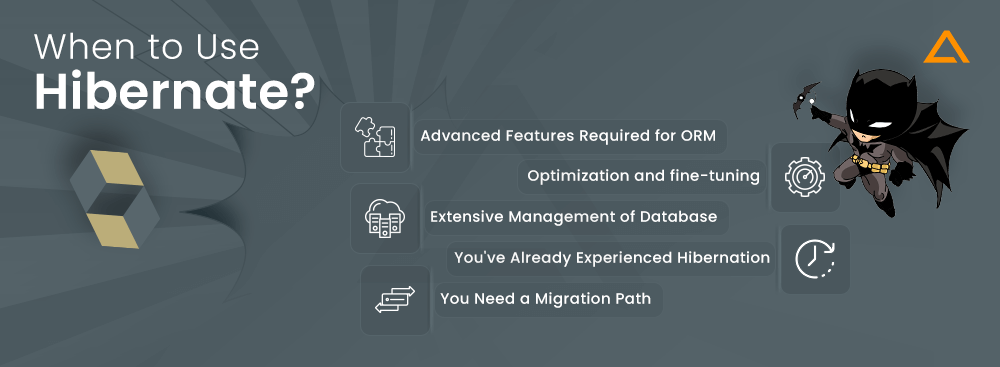
Use Both when
- Combining Standardization and Advanced Features
- Hybrid Environment

Wrapping Up!
In conclusion, the decision between Hibernate and JPA is based on specific requirements and preferences of the project. The JPA specification offers a standardized Java ORM interface, enabling developers to easily transition between implementations. Hibernate, on the other hand, is a powerful and feature rich JPA implementation that provides extra features and optimizations.
JPA might be the better option for people who value vendor freedom and standards. Nonetheless, hibernate is frequently used for projects requiring a more complete ORM solution due to its expanded capabilities and mature feature set. In the end, the choice should be made based on factors like the complexity of the project, the experience of the development team, and the features needed to make sure that the chosen strategy fits the development effort’s limits and overall objectives.

Cutting Costs but
Not Cutting Quality
that’s how we roll! 🚀
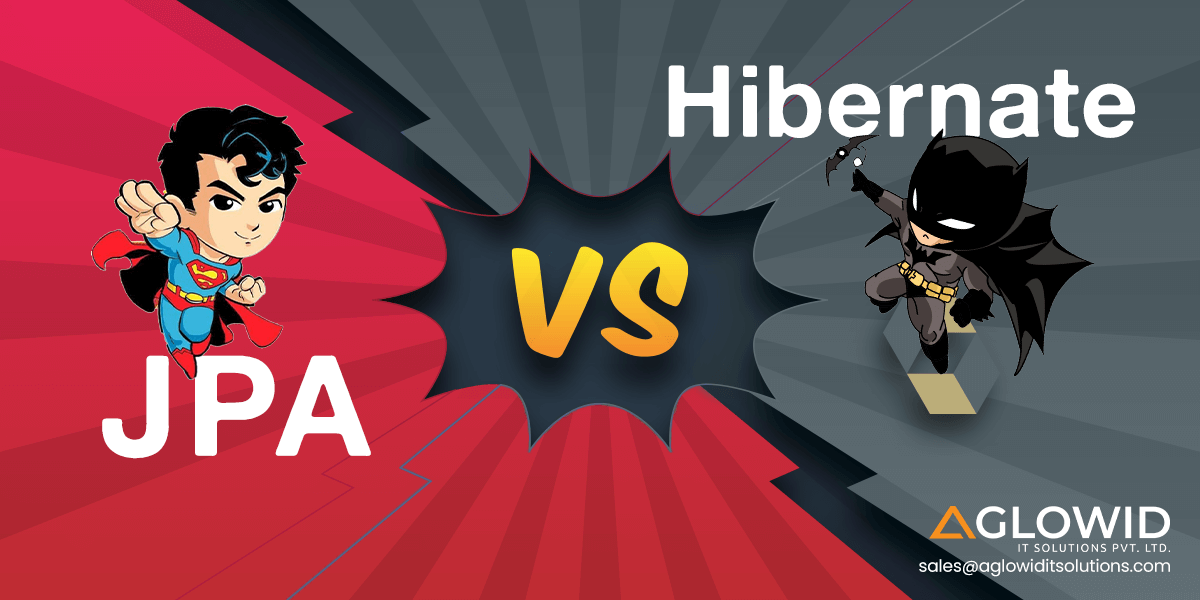
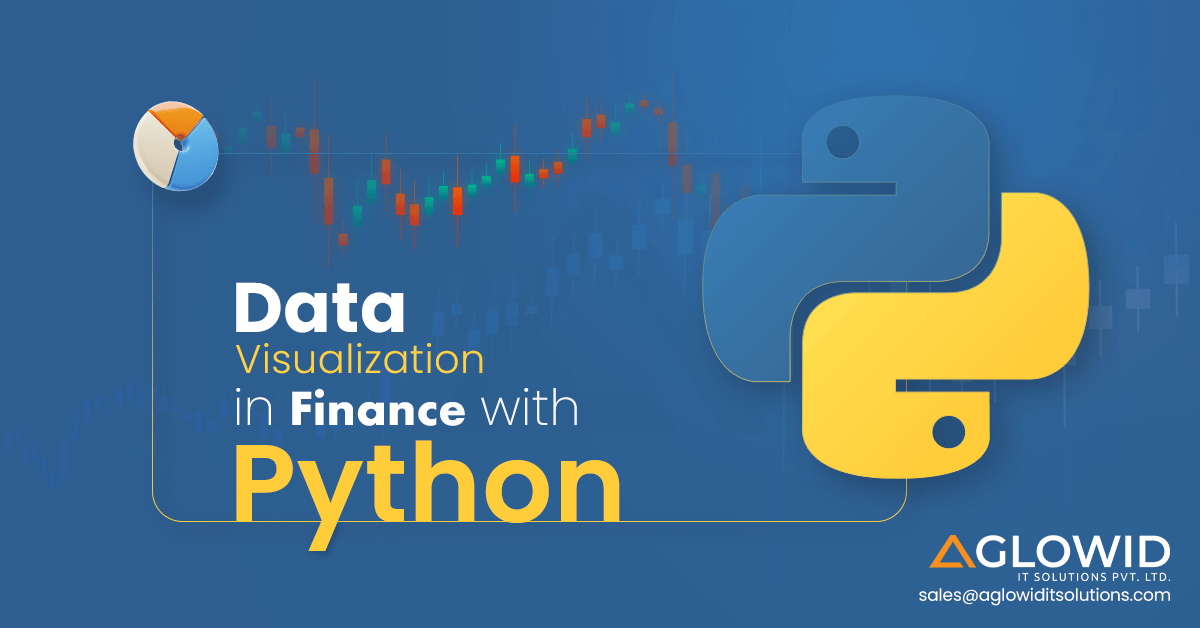
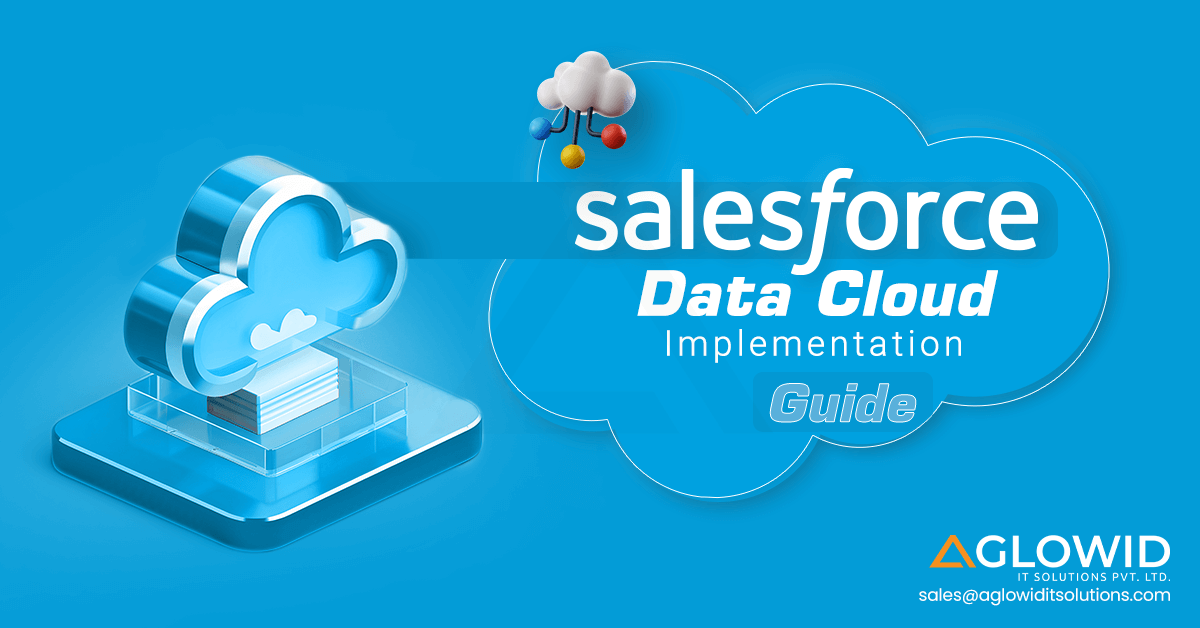
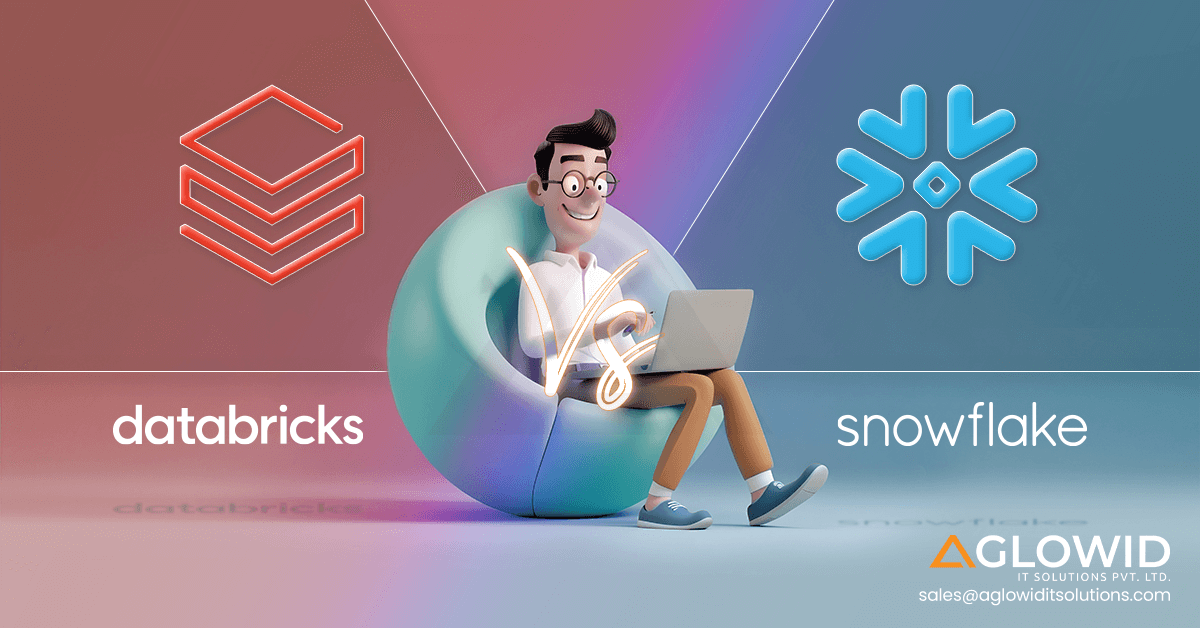

 Say
Say